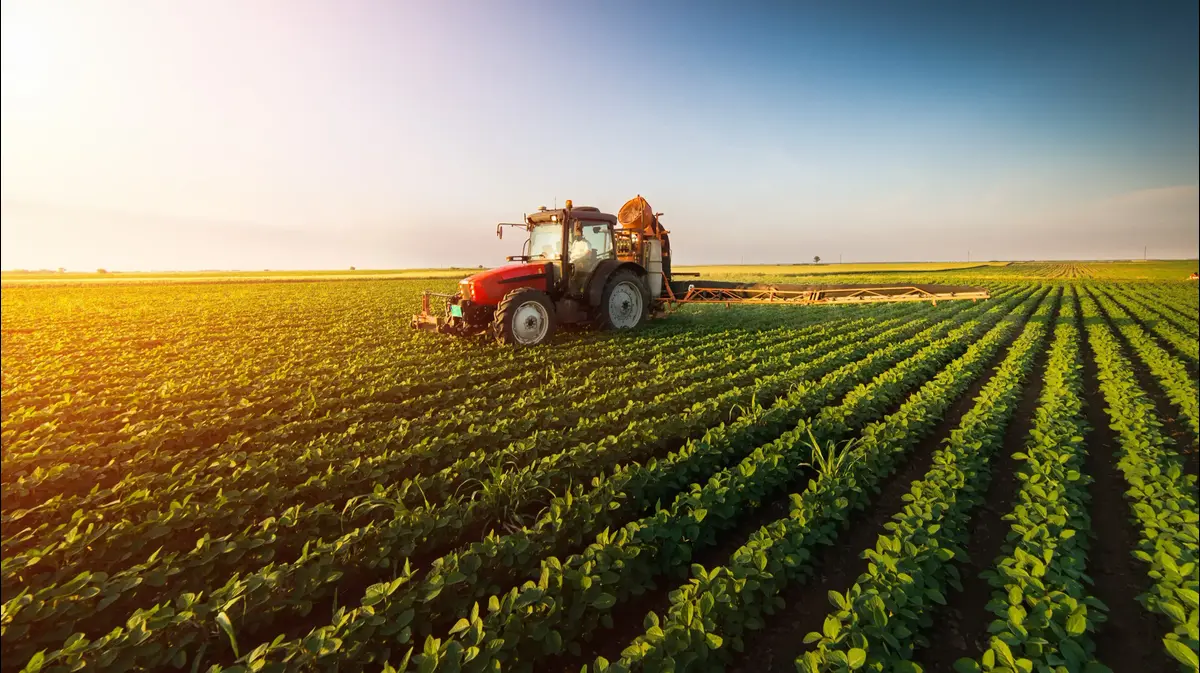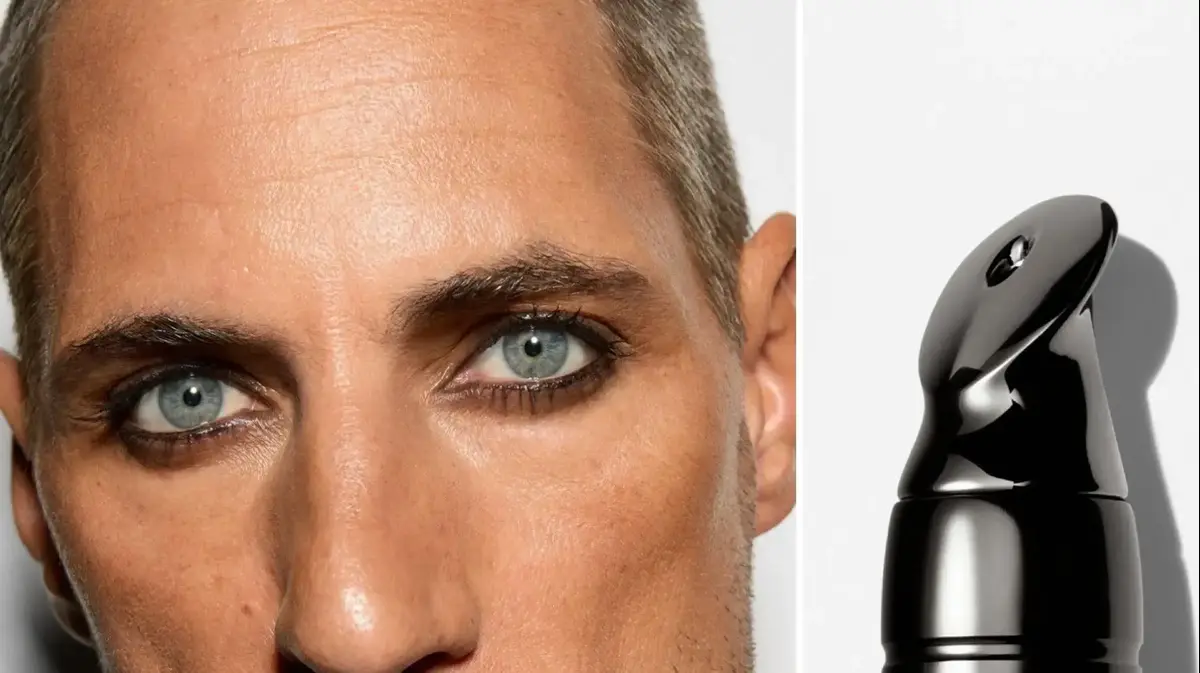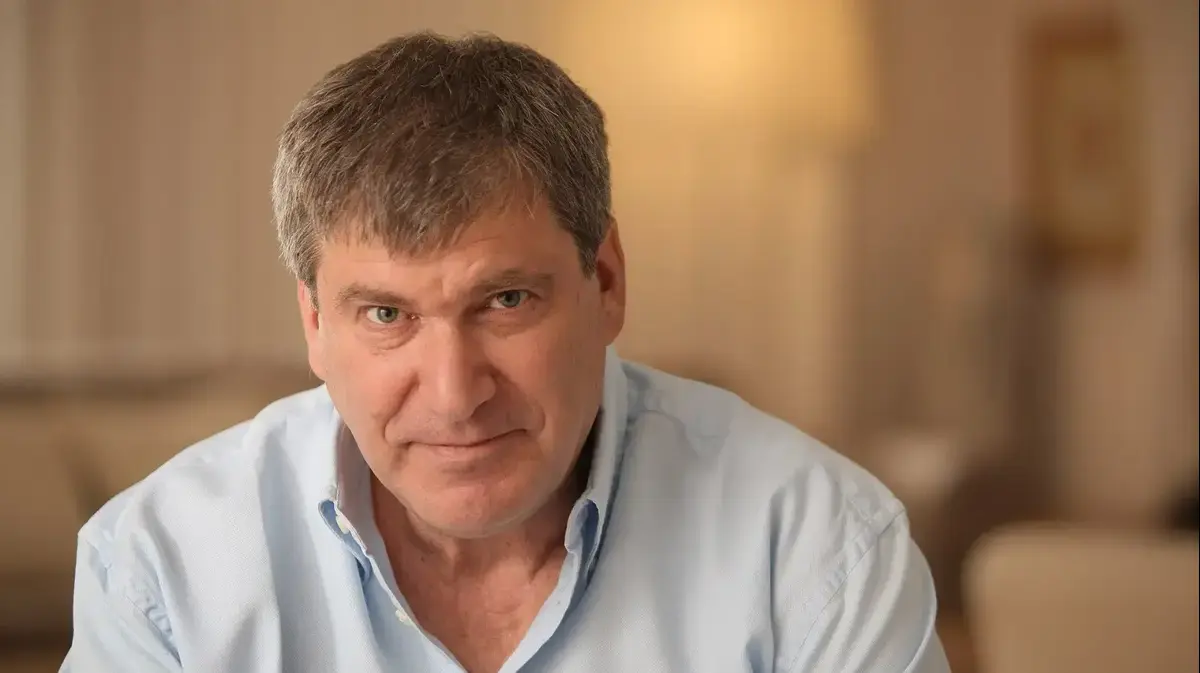Clever farmer knows: the women who conquered the male industry
Despite the feminist revolution in the agricultural industry, women are still a minority, even though the physical aspect of work is declining.
A minority perhaps, but not a negligible minority, as the women we have met prove
Talia Levin
07/04/2022
Thursday, 07 April 2022, 11:38 Updated: Friday, 08 April 2022, 07:02
Share on Facebook
Share on WhatsApp
Share on Twitter
Share on Email
Share on general
Comments
Comments
Not only did the Bible stories mention the important role of women in agriculture, but also the work in the rice fields in developing countries over the years, and even in Israel in its early days during the settlement period: women like the men went out to work in the fields
. Land but also as agronomists, agricultural researchers and engineers and educators. , In a profession that is perceived as male.
Orit Katzir, engineer and global product manager at Netafim
Engaged in sustainable irrigation solutions, has been in the field of agriculture for the past 16 years with no prior agricultural background.
"I am not a farmer and I did not come from a farm, but I was attracted to the field and I always look at the needs and pains that exist in it and try to find innovative solutions for them."
Katzir (46) tells how when she came to study engineering at Ben Gurion University, she was one of two women in the faculty where 200 engineers studied, and this also overlaps in the field of agriculture.
"In my world it turned out that I am always among the few women alongside many men in the field. Even when I entered the company I saw many more men, especially in engineering, technical and commercial fields. Today it is changing, but it is a revolution that should happen and has not happened. In the engineering and agricultural world we are the minority." .
Can you put your finger on the barrier?
"These are things I've been asking myself a lot lately. I'm a mother of four and my eldest daughter a soldier, and I have daughters who keep asking these questions. I see how young girls think today completely differently than I thought thirty years ago, their place is much safer, they "Turning to the world in a different way. Agriculture is a masculine world, and in worlds that are masculine it takes a lot of courage to come and say what you think, to be confident in yourself, and to bring what you really know."
What does work look like on a daily basis?
"Because I've lived it for so many years, so in the early years I did not see myself as something special, I bring my abilities, the man brings his own and everyone has the part he is good at. It's okay and that's how it works. But I travel a lot in the world I go to places where we have girlfriends, I hang out with people I work with on a daily basis and they know I'm a woman. And writes at the end of Mrs. Orit Katzir. "
Good to know (promoted)
The smart test that detects an increased risk of having a stroke
Served on behalf of Shahal
Orit Katzir, Engineer and Global Product Manager at Netafim (Photo: Courtesy of Netafim)
"She will give you the answers"
Katzir gives another example that she says occurs relatively often: "I sometimes come to both lecture and teach and learn from people in the field and meet with farmers from different countries, and often situations happen when someone joins me to visit, and the farm manager or large company manager talks to him and not me, And asks him questions, until the colleague tells him, "You have to ask her, she will give you the answers." And I see that you twist when it happens, but you twist it is fine. "
How common is chauvinism in the agricultural sector in Israel?
"When I walk around with the farmers in the country, I do not feel that I am received with a question mark or something like that about my professionalism. In the United States in particular, I am sometimes surprised to see a woman, and also in Central America and South America.
Europe is not surprised because they made a great change, nor in China which works well in the field of men / women.
When I was in Central America I was walking around with one of the largest banana growers in the world, and when we got to the area he introduced me to a manager, and said I was a product manager but added: "Just so you know she served in the Israeli army."
Then the question arises ‘why?
If my colleague came, would you mention it? '
This has happened quite a few times.
Then he explains to me that for them to meet a woman who will tell them what to do or teach them is problematic, so the emphasis. "
Katzir emphasizes that when she works with engineers in the company she serves as a mentor." I help them in everything, I find myself leading them to make all kinds of moves. For them to break out.
A lot of times women feel barriers, and it's mostly self-confidence and confidence in front of men, the ability to bring yourself to the table and I know it's not always easy. "
To what extent does technology allow women to return to agriculture?
"Very enabling. Remote control of the operation of the farm and remote observation of performance and growth in the field will certainly allow more women to enter this field, because it should be remembered that a farmer leaves the field at four in the morning, he returns late and is not home.
Many times when I go on business trips I am asked Who stays at home with the kids. And I always answer why you do not ask a man? But it still exists. So the introduction of technologies and digital channels will allow this entry. "Our and our solutions, such as a system that is deployed and carried out through technology and not through water pumping, allow a woman to own a farm and also to grow and take care of other things."
Carmel Porat, agronomist.
Director of a research incubator park at Netafim in Magal (Photo: Knesset Spokeswoman, Itai Eran)
Carmel Porat
, "urbanist" by definition, would not have reached the field of agriculture if her father had not been really stressed that she would already be enrolled in school instead of traveling endlessly in the East.
So she enrolled, for the Faculty of Agriculture in Rehovot and went on to a master’s degree at the Volcanic Institute.
Porat is currently employed as an agronomist, managing a research incubator park at Netafim Magal, and is the only woman in this position in the field.
"I worked in various fields of agriculture, engaged in the development of pumpkins, watermelons, melons, I moved to a start-up company that tried to promote the whole matter of testing in the field of agriculture. And from there I moved to work in Netafim."
Porat says that during her studies she realized that there are not too many women in the field.
"And it also characterizes the engineering professions, but even then in field work I see it completely. I am the only agronomist in my field in the company, and although I have quite a few companies that graduated with me and integrated nicely in the industry but there are not many women in the field.
What are the barriers?
"The nature of the work, at the end of agricultural work is perceived as work related to a not so comfortable climate environment, and the hours are a little different. There are those who find it advantageous. "That you walk around in it, but also among our service recipients. To my delight, I see buds of change."
Hadas Marianchik, researcher and agronomist from the company "Earth" (Photo: PR)
Hadas Marianchik, a researcher and agronomist from Adma, a company that
develops
plant protection materials for farmers, also has no "from home" agricultural background.
"I can not emphasize why I decided to study agriculture.
I did not grow up in the moshav and my parents also have no background in it. I am just an urban girl from Hod Hasharon. But I found interest in the biological side of vegetation and later of plant protection, and I realized Also in field application. "
Marianchik develops the products in the company and manages projects.
"I accompany the product from the moment of the idea to the sales stage, and go through almost all the stages with it."
Marianchik, who came from the field of research, says that in recent years more and more women are entering the field.
"There are generally more women investigators, more labs, and women with advanced degrees who are in this sector. Also in the work itself I see more and more women in the field of licensing and patents.
I, for example, do not know many farmers who sit on a tractor and deal with spraying, but I do see consultants and pest inspectors, for example.
Once this is not hard physical work today I certainly believe there is no reason why women should not be able to take part in it.
"I think women can give a lot of value in all areas of agriculture, they should not be there just for the sake of equality but really for the sake of the added value they can provide."
Naomi Avni, manager of the Avni farm in Moshav Ein Yahav (Photo: Lee Eshet)
The Palm Festival
Although Naama Avni
is not sitting on a tractor, just a moment before our conversation she was driving the truck and scattering compost in the field.
Avni, director of the Avni farm, a family farm in Moshav Ein Yahav, is responsible for 50 dunams of dates.
She is from a farming family, and her parents who were among the founders of the moshav also worked the land.
"All my life I was connected to the land, I studied agriculture, but while my husband decided he was an employee of a large company, I took on full-time management and work on the farm. Of course he takes part in it."
How much did an introduction change a farmer's life?
"When I was a child I had to go down to the field to open water and today we do it from home from the phone. There are a lot of things that introduction helped with. It makes it easier and it improves abilities. Not everything is very advanced, but it is getting better. "
Avni not only works in the field but also deals with direct marketing and sales.
"When things happen you have to be present in the field. See the irrigation and the pile."
Going out with boots and overalls to the field?
"No. I do come with Guinness and sneakers but I take into account that I can come out full of mud. My hands will always come back dirty, but it's not like I used to, most farm owners do not do the hard black work, and I admit I did not get on the date battalion. At the height, because I'm a little scared.
As a child, I used to work in the field regularly and my mother worked in the field all those years. And women are mostly managers or researchers, but there are others like me, 'I'm not the only one.'
Shira Ansky, agronomist (Photo: Knesset Spokeswoman, Private)
"Win win for everyone"
"We are making progress, but the male sector in this field is sometimes from the Stone Age," says Shira Ansky, an agronomist who brings the managerial business aspect of agriculture.
Yes, even there a female minority so much so that she found herself at one of the largest conferences in the world held in Bologna she was the only woman.
"It shocked me when I saw that we were even promil, and it made me very conspicuous. You can not keep a low profile but I use it well. It should not be burdensome."
Ansky also talks about female management in the traditional world of agriculture, "There is a lot of multidisciplinarity in the field and it is not always used.
I know that is why they brought me to the company, and I usually bring the multidisciplinary part to the job and look for what we do not see, what we have not done yet."
Ansky came from another field in general, she worked for years in public and private companies, in international and governmental organizations and was the first Israeli to work in the European Union as a parliamentary assistant.
It came to Netafim after 17 years overseas with the aim of bringing the Pemina agenda into the international field of agriculture as well.
"The desire is to look for partnerships that are not necessarily in our mainstream, constantly challenging the system. The idea is to look outside and understand who the customer is, what his problems are and what the market requires, and less to come only with something we are good at. There
was a situation where another woman and I discovered while asking questions and working in front of the market and an open mind with a look at the whole ecosystem, a discovery that we probably would not have discovered if we were a man. "We never researched. It started with a conversation, checking a table and cross-referencing data that did not intersect. Connecting things that on the face of it would not connect is completely a feminine managerial concept."
Today, part of the ESG's requirements is for women to be in management positions, Ansky explains.
"There are places where if there is no woman on the management team investors simply will not put the money. "But facts on the ground. It's a win-win for everyone."
Of money
Tags
agriculture
Dripping
land















